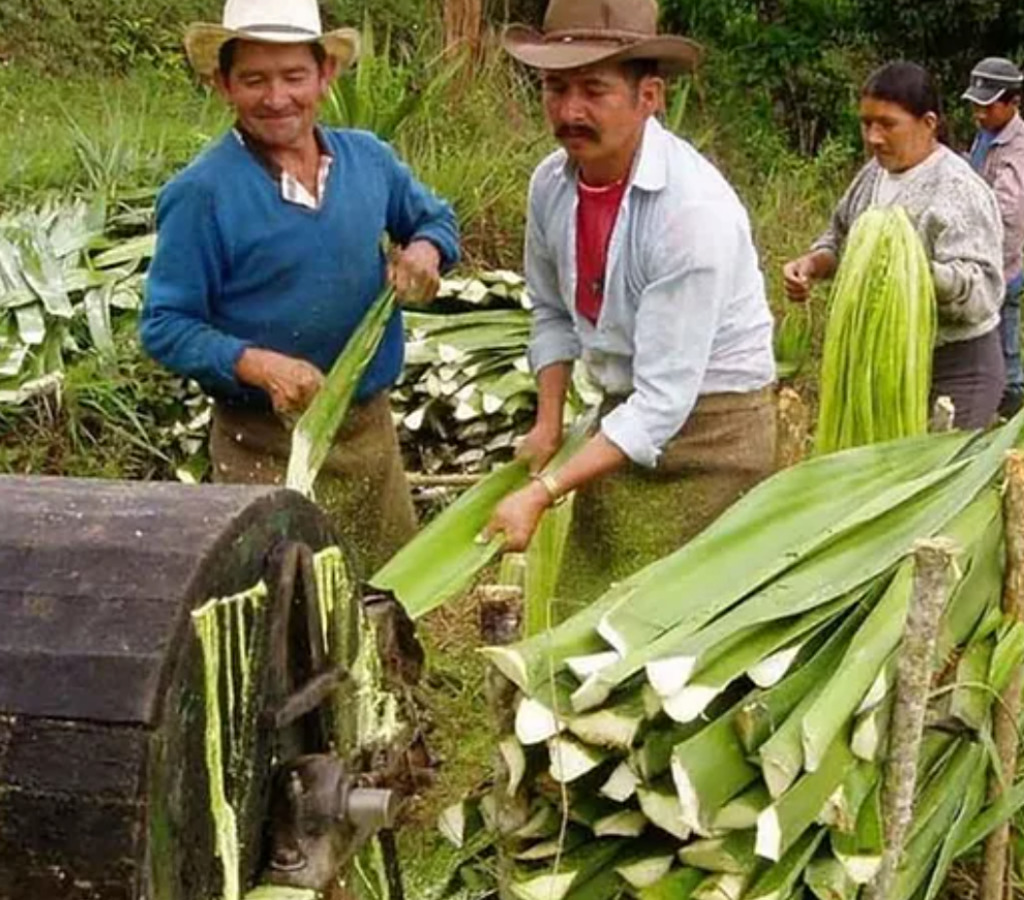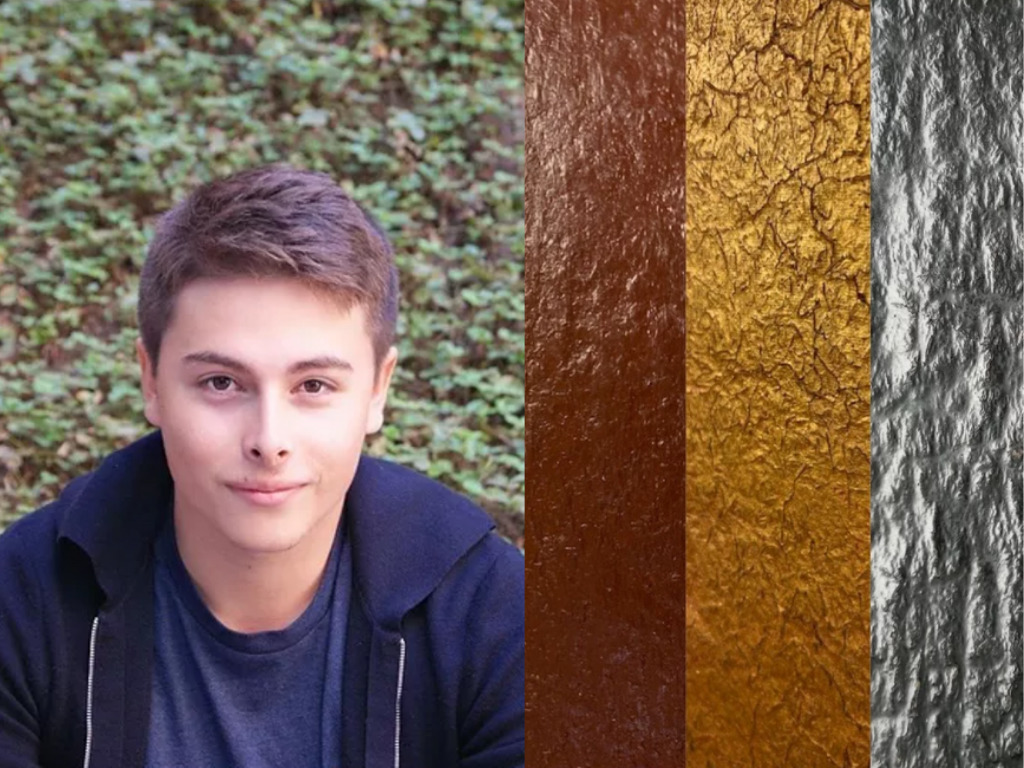4 Mins Read
An awardee of Oxford University’ recent inter-college All-Innovate competition, young startup Fiquetex, co-founded by Gabriel Moreno and his father Alex , won the Postgraduate award for developing a versatile vegan fabric and leather using Colombian succulents.
A past student of Esher College in Surrey, England and a current student of Latin American economics at Oxford University, Moreno started developing biodegradable fabric and leather using fique, a natural fibre that comes from the leaves of the plant genus Furcraea, which is native to his home country Colombia, in an effort to provide a sustainable alternative to companies and consumers.
It took around five years of research to achieve desired results, with Moreno offering his business skills while his father helped on the designing of the renewable fabric and leather. During the development and patenting process, Moreno also received support from the Royal Academy of Engineering in London.
The resulting material can now be used to produce bags that can be disposed of in the garden waste or on home compost heaps after use, for wallets, chair upholstery as well as packaging.
With Colombia being the second-largest flower exporter in the world, the duo hopes that their material can replace the plastic used to wrap flowers here in an effort to reduce waste and limit production of petroleum-based materials. The renewable fabric and leather can also be used to produce cleaning sponges/scouring pads for everyday use.
In an interview with In Your Area, Moreno said that the plants chosen to develop these textiles require hardly any resources.”These plants grow everywhere in Colombia from sea-level to an altitude of 3000 meters and do not need water or pesticides which makes them super-efficient. It uses just 10% of the energy needed to make the same amounts in nylon. Indigenous groups there already use it to make string and rope but only take the long fibers and discard the rest, so my father and I began researching how to turn the small fibers into textile.”
Apart from the award, which is part of the competition that was founded by Apple CEO Tim Cook in 2017 to encourage sustainable ideas, Moreno received a prize of GPB£5,000 (approx. US$6,871) which will help him to scale up production of his textiles.
Moreno said that winning the entrepreneurship award has boosted his confidence in his product. “It’s an amazing feeling to know that the judges saw Fiquetex’s potential, especially when there were so many high-quality ideas! I had never pitched before, so it was a great experience and the workshop really helped me [with my pitching]. I enjoyed the challenge.

These plants grow everywhere in Colombia from sea-level to an altitude of 3000 meters and do not need water or pesticides which makes them super-efficient. It uses just 10% of the energy needed to make the same amounts in nylon
Gabriel Moreno, co-founder of Fiquetex
In a seperate interview, Moreno shared his reasons for starting the company in the first place. “When we saw research predicting that there will be more plastic bags than fish in the sea by 2050, we knew that we had to make a change. Fiquetex’s vegan leather reduces the need for cows, which produce 100kg of methane a year per cow and require a substantial amount of land. Our vegan leathers provide a cruelty-free alternative to harming animals or damaging their habitats in terms of pollution and waste both on land and in the sea.”
Apart from the vast qualities the material possesses, the circular economy process of production ensures that within 100 days of it being buried in the ground after use, it will fully biodegrade.
With a production facility in Colombia, Moreno also wishes to provide employment opportunities in rural areas of the country where the plants are grown, enabling local farmers with the skill-set they would need to work in a sustainable manner.
When we saw research predicting that there will be more plastic bags than fish in the sea by 2050, we knew that we had to make a change. Fiquetex’s vegan leather reduces the need for cows, which produce 100kg of methane a year per cow and require a substantial amount of land
Gabriel Moreno, co-founder of Fiquetex
With over 200 sample orders, the duo plans to officially launch the materials this July and is looking to strike deals with several Surrey firms.
Alternative leather is having a moment around the world and according to a report, this trend is also going to rise by an by an annual rate of nearly 50% that will reach a whopping US$89.6 billion within the next five years.
Several companies are taking advantage of this and developing their own vegan leather, for instance, French fashion brand Hermès joined forces with MycoWorks to launch a mushroom-based ‘leather’ travel bag, London-based accessories line Luxtra is using mango to develop vegan handbags, and H&M is working on creating ‘wine leather‘ derived from leftover grapes.
Lead image courtesy of Fiquetex.



